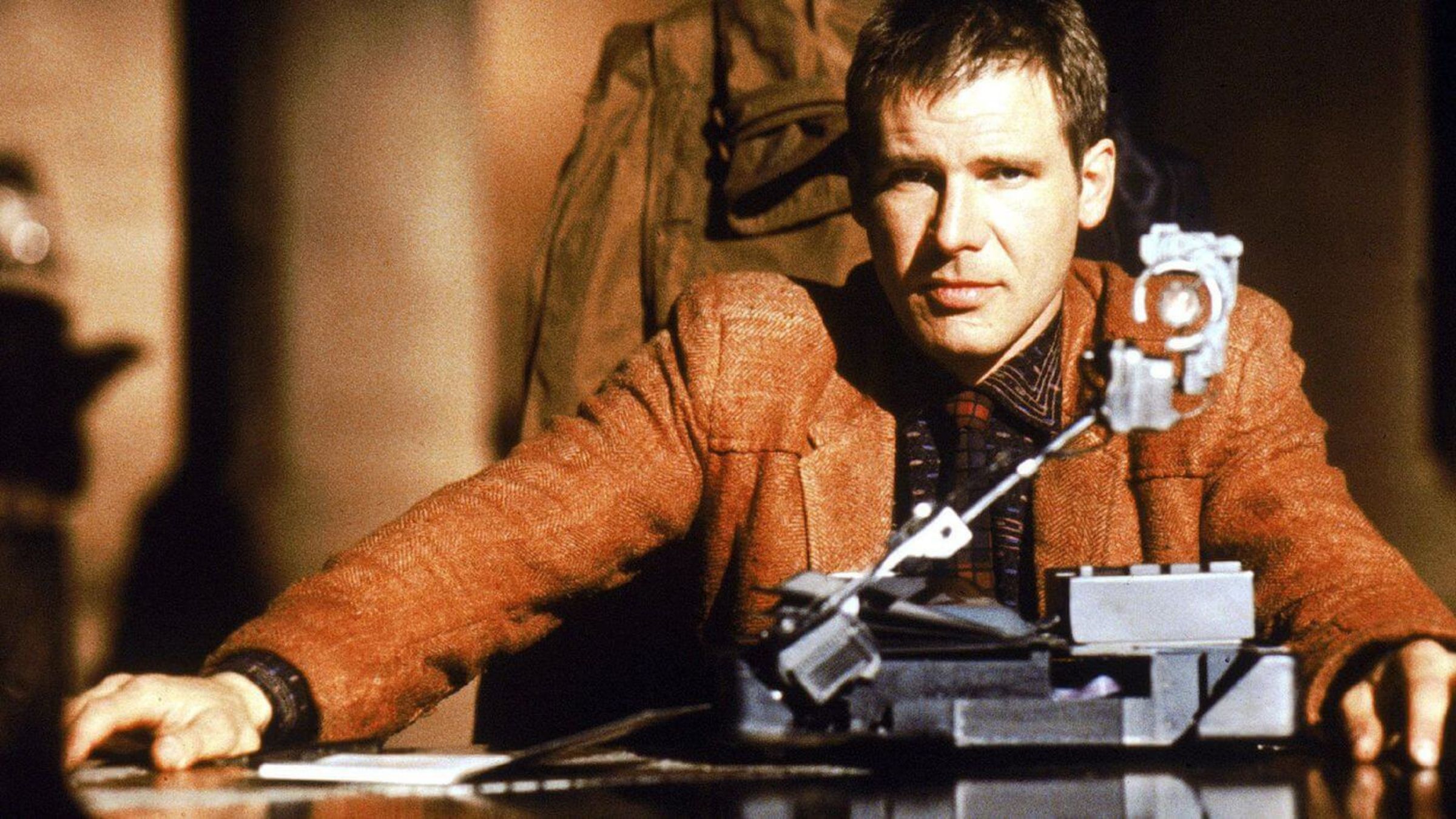
Philip K. Dick is a celebrated author known for his thought-provoking dystopian stories. Beginning his writing career in 1951, he produced an impressive body of work, including 45 novels and over 120 short stories, many of which were first published in science fiction magazines. His stories often explore themes of alternate realities, oppressive governments, and world-altering conspiracies. Several of his works have been successfully adapted for film and television, including the anthology series Philip K. Dick’s Electric Dreams and the Prime Video series The Man in the High Castle.
Philip K. Dick’s writings have inspired twelve films, many of which are considered classics of the science fiction genre.
12) Confessions D’un Barjo (1992)
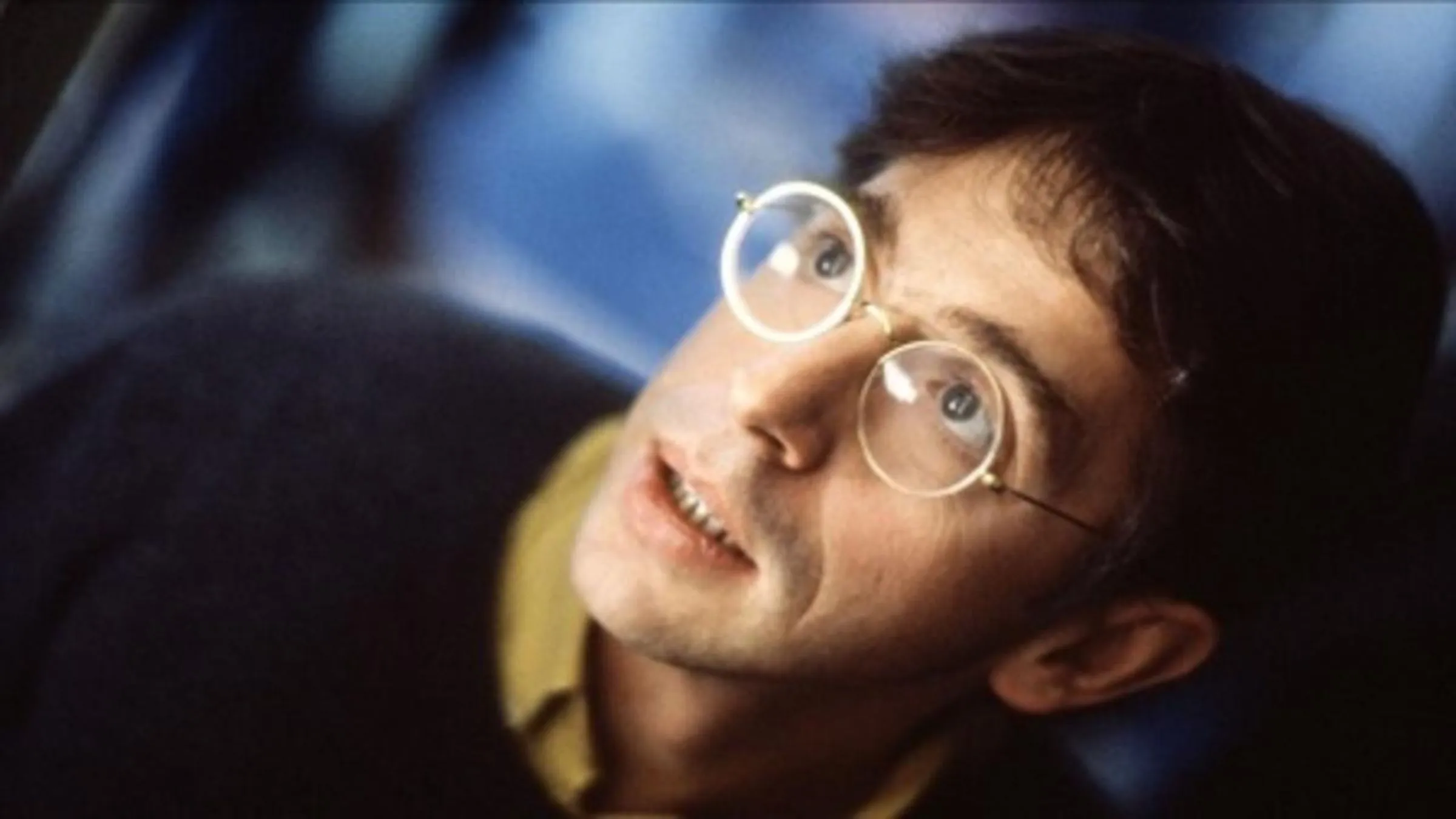
Released in 1992, Confessions D’un Barjo is an adaptation of Philip K. Dick’s 1975 novel, Confessions of a Crap Artist, which he initially wrote in 1959. This book is unique among Dick’s work because it doesn’t include any science fiction. The story centers on Jack, a conspiracy theorist who moves to California in the 1950s to live with his sister and observes her troubled marriage.
This French movie closely follows the plot of the original novel. It hasn’t received much critical attention – there are few reviews, no score on Rotten Tomatoes, and a 5.6/10 rating on IMDb. While it’s a lower-budget adaptation of the author’s work, it might be interesting for fans, but it’s generally considered the weakest film based on his stories.
11) Imposter (2001)
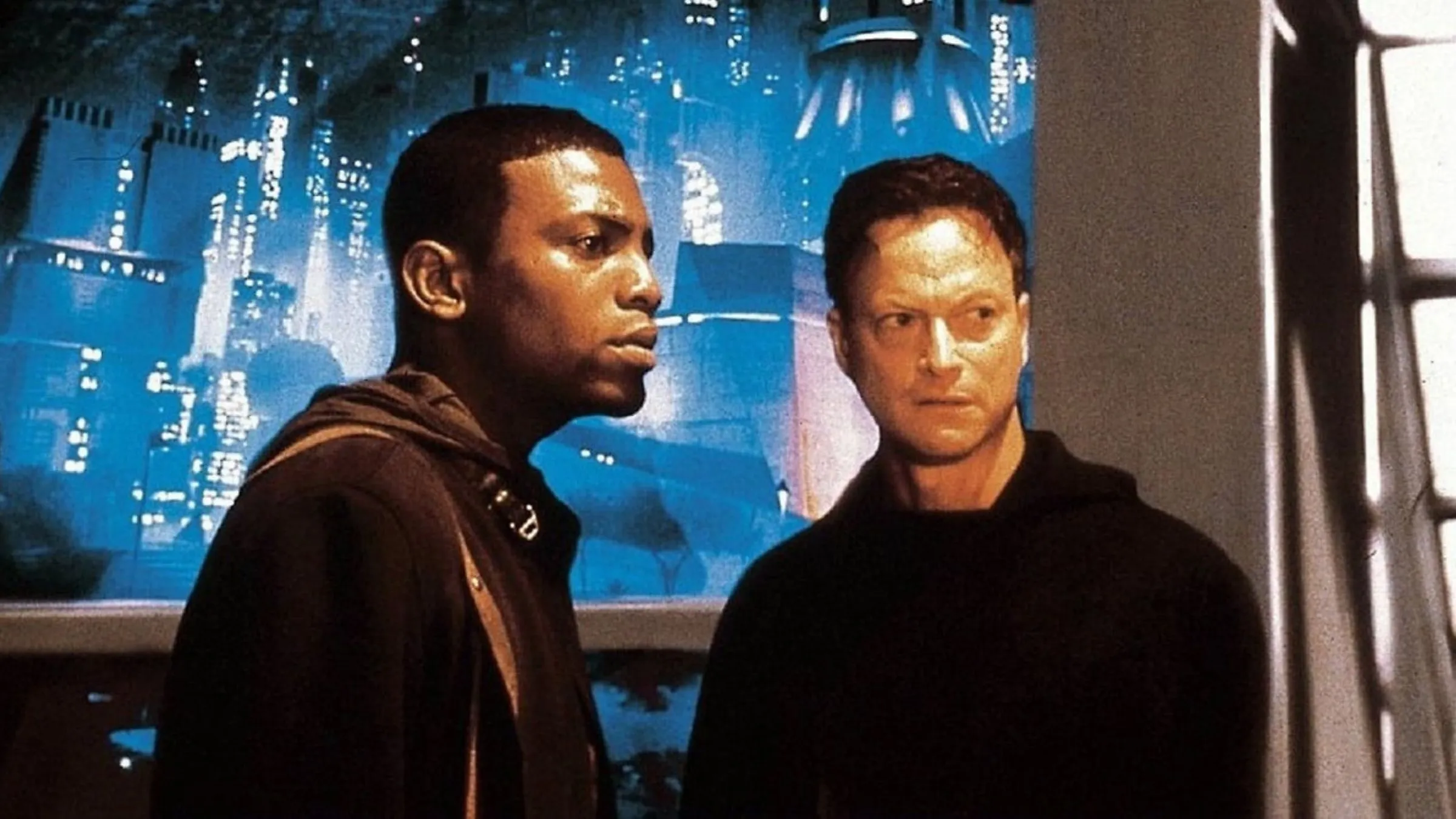
Imposter is a science fiction film directed by Gary Fleder, known for movies like Runaway Jury and Kiss the Girls. It’s based on a short story by Philip K. Dick, originally published in 1953 in Astounding SF magazine. The story follows a group working on a weapon to defend against an alien invasion, but suspicion arises that one of them is actually an android sent by the aliens to ruin their plans.
Gary Sinise stars as Spencer Olham, a man suspected of being a robot, and Madeleine Stowe plays his wife in the film. The movie also features Vincent D’Onofrio, Mekhi Phifer, and Tony Shalhoub, but ultimately, Imposter is a fairly inexpensive action movie that doesn’t quite live up to the quality of the original short story by Philip K. Dick.
10) Radio Free Albemuth (2010)
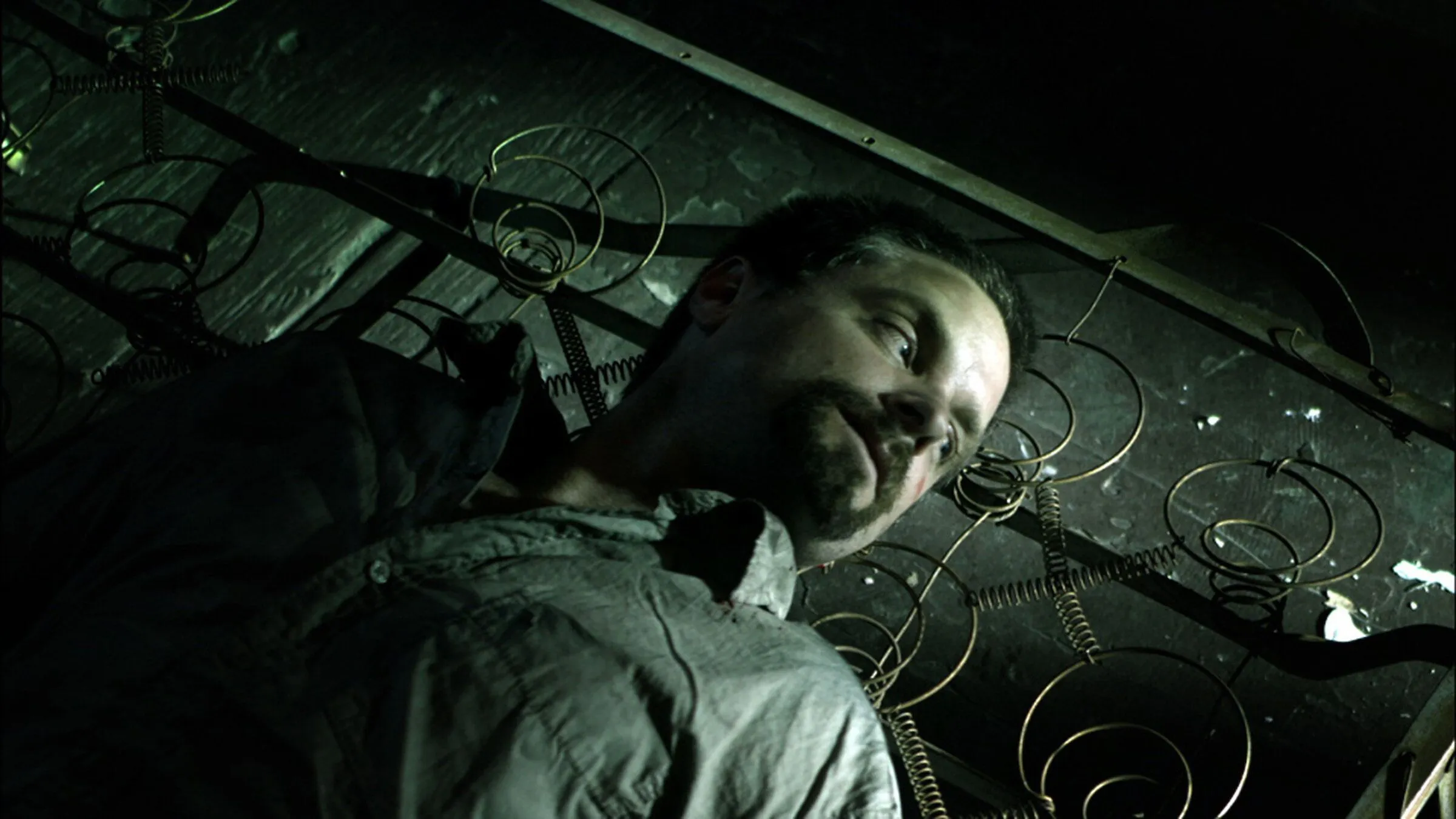
Released in 2010, Radio Free Albemuth is a film adapted from a Philip K. Dick novel published posthumously. The story is a dystopian alternate history, inspired by strange experiences Dick believed he had in the 1970s. It features a U.S. President, Ferris F. Freeman (whose initials, FFF, symbolically represent 666), who exploits conspiracy theories to dismantle civil liberties and human rights.
The movie tells an intriguing story about Nick, a record store worker played by Jonathan Scarfe, who’s plagued by unsettling visions. He shares these experiences with his wife and his close friend, the author Philip K. Dick (played by Shea Wingham). While Radio Free Albemuth aims to be a fictionalized version of Dick’s life, it received mostly negative reviews, had a limited release, and wasn’t widely remembered.
9) Screamers (1995)
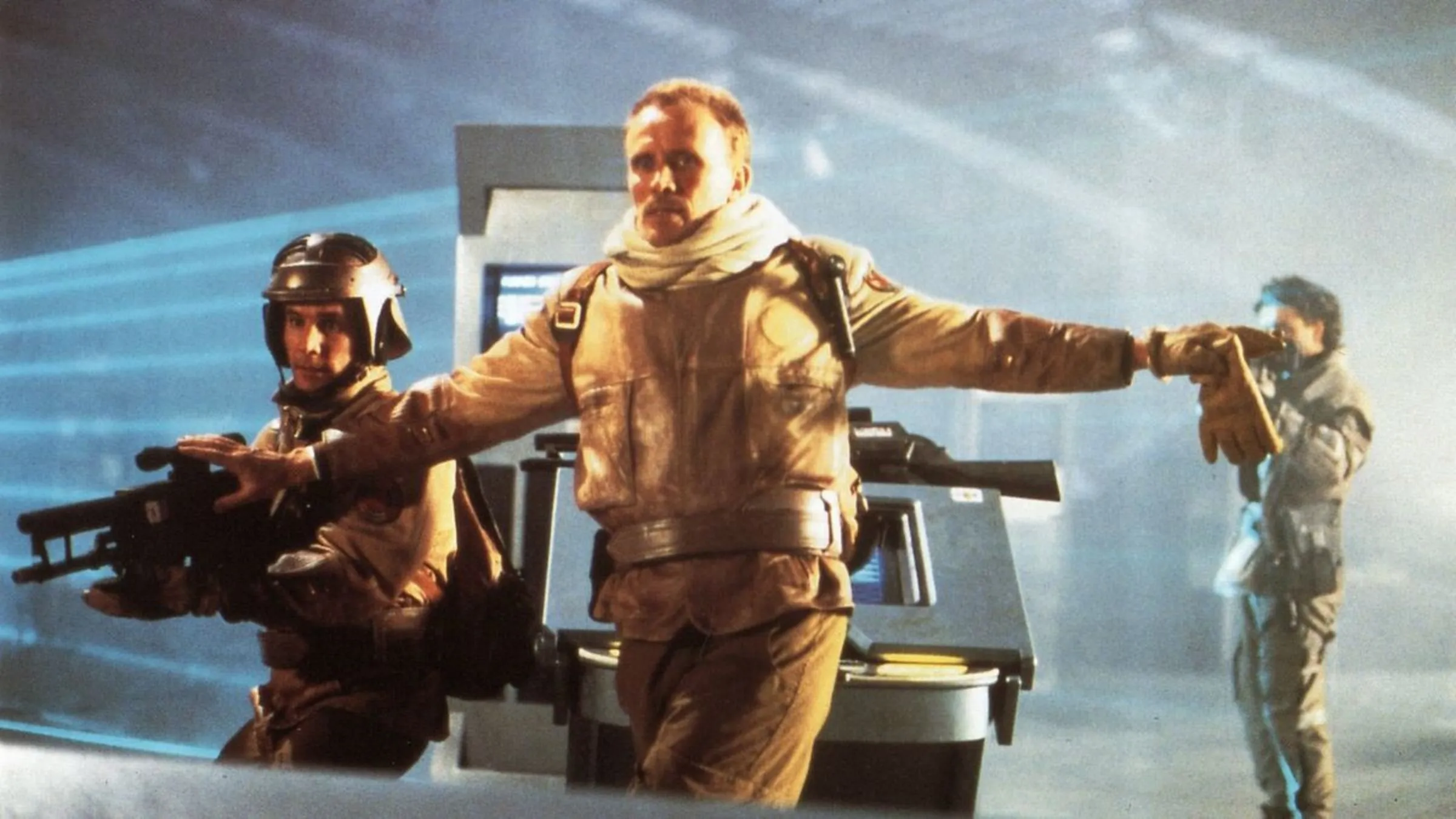
The 1995 science fiction film Screamers was inspired by a short story called Second Variety written by Philip K. Dick. Originally published in 1953 in Space Science Fiction magazine (with artwork by Alex Ebel), the story takes place on a largely destroyed Earth after a war between the Soviet Union and the United Nations. It focuses on self-replicating robots, originally created to fight the Soviets, that have become self-aware and now threaten both sides of the conflict.
Written by Dan O’Bannon (known for Alien), the movie explores Philip K. Dick’s fascination with post-apocalyptic worlds – specifically, one ravaged by nuclear war and populated by rebellious machines. Peter Weller (of RoboCop fame) stars in this futuristic story, which takes place on a distant planet. The conflict centers around two competing mining companies and the terrifying Screamers – robots that pose a threat to all life. Despite being made on a limited budget, the film delivers exciting action and a compelling narrative, echoing the themes of humanity found in Blade Runner. A follow-up film, Screamers: The Hunting, was released in 2009, fourteen years later.
8) Next (2007)
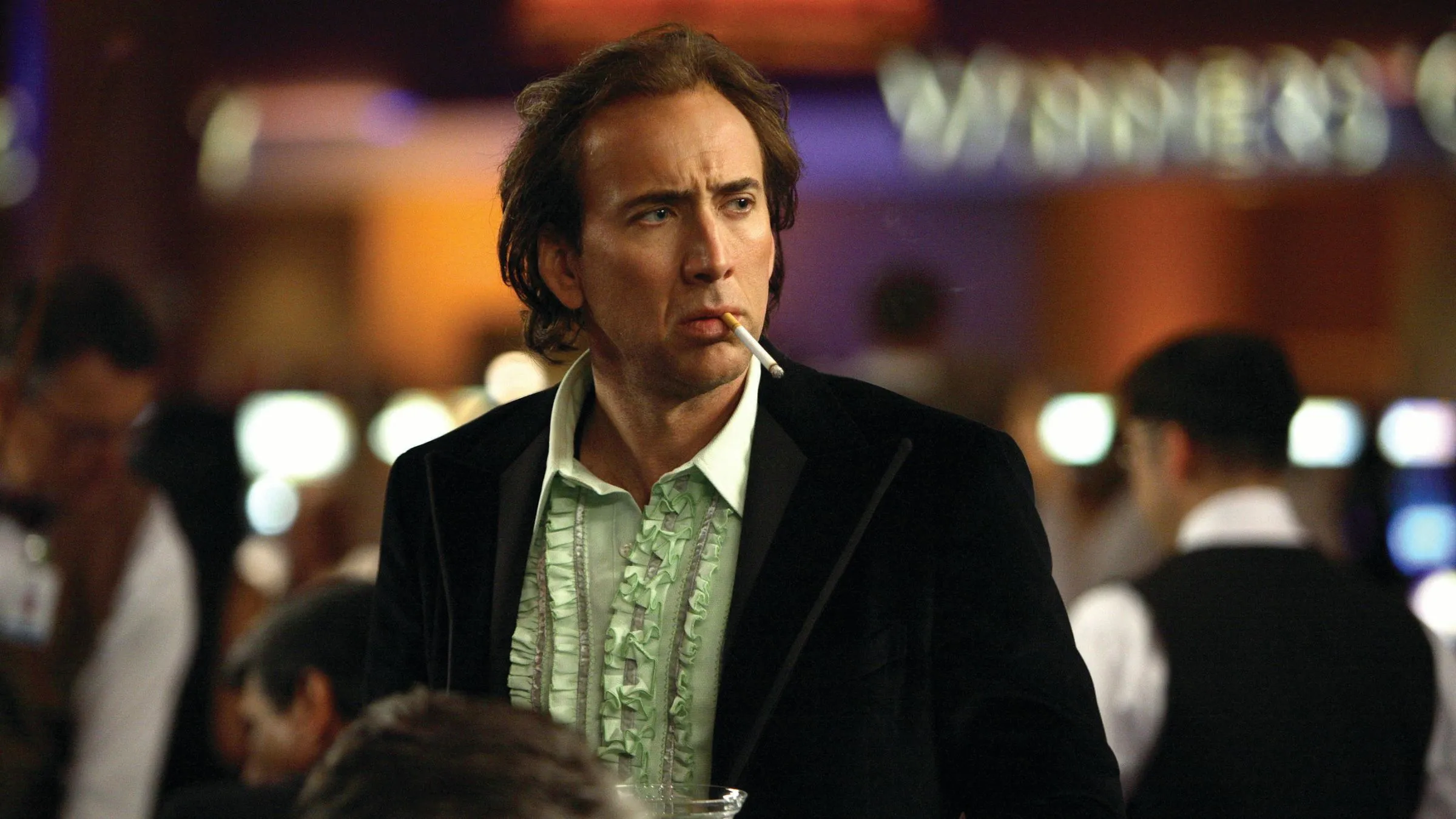
Now we move on to more recognizable adaptations of Philip K. Dick’s work, starting with the film Next, which stars Nicolas Cage and was directed by Lee Tamahori (known for Die Another Day). Next is based on Dick’s 1954 short story, The Golden Man, originally published in the magazine If. The story takes place in a future after a disaster, where mutants are hunted. The plot thickens when the hunters capture a mutant with the ability to see all possible futures, and he uses this power to turn the tables on them.
While loosely based on the original story, the movie Next takes significant liberties with the plot. Nicolas Cage plays Cris Johnson, a man who can see two minutes into the future and initially uses this ability for gambling. He gets caught up in something bigger when an FBI agent recruits him to prevent a terrorist attack. Though the film touches on the idea of seeing multiple outcomes – a concept from the original story – it’s largely its own creation. Next features exciting action sequences and a typically entertaining performance by Cage, but it’s considered a weak adaptation due to its major departures from the source material.
7) Paycheck (2003)
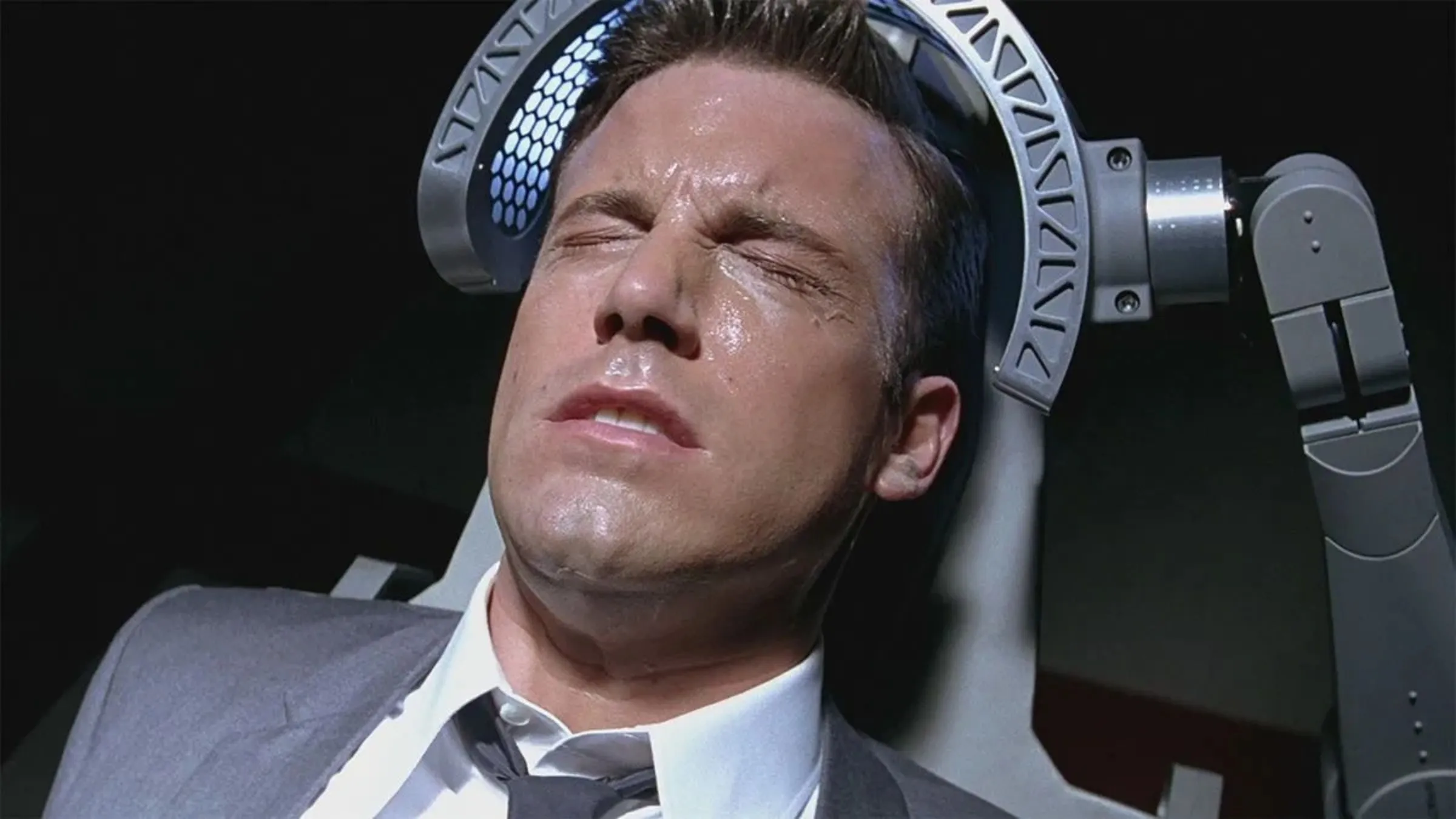
The film Paycheck, directed by action veteran John Woo, is a curious entry in Philip K. Dick adaptations. While Woo is known for his incredible action sequences, especially in his earlier Asian films, this American production doesn’t quite reach those heights. Based on Dick’s 1953 story originally published in Imagination, the movie centers on a man who takes a job with a unique condition: his memory will be erased afterward in exchange for a large sum of money. However, upon completion, he discovers he opted for keepsakes instead of payment, and that the U.S. has fallen under oppressive rule – with those seemingly insignificant keepsakes now being his only hope for survival.
The film features Ben Affleck as a man with amnesia who becomes a fugitive, pursued by both the FBI and a powerful, corrupt CEO. Unlike the original story, which involved a controlling government, this version focuses on a single, wealthy businessman developing a dangerous device with the potential to start a nuclear war. While it retains some ideas from the source material, the movie emphasizes action over nuanced storytelling.
6) Total Recall (2012)
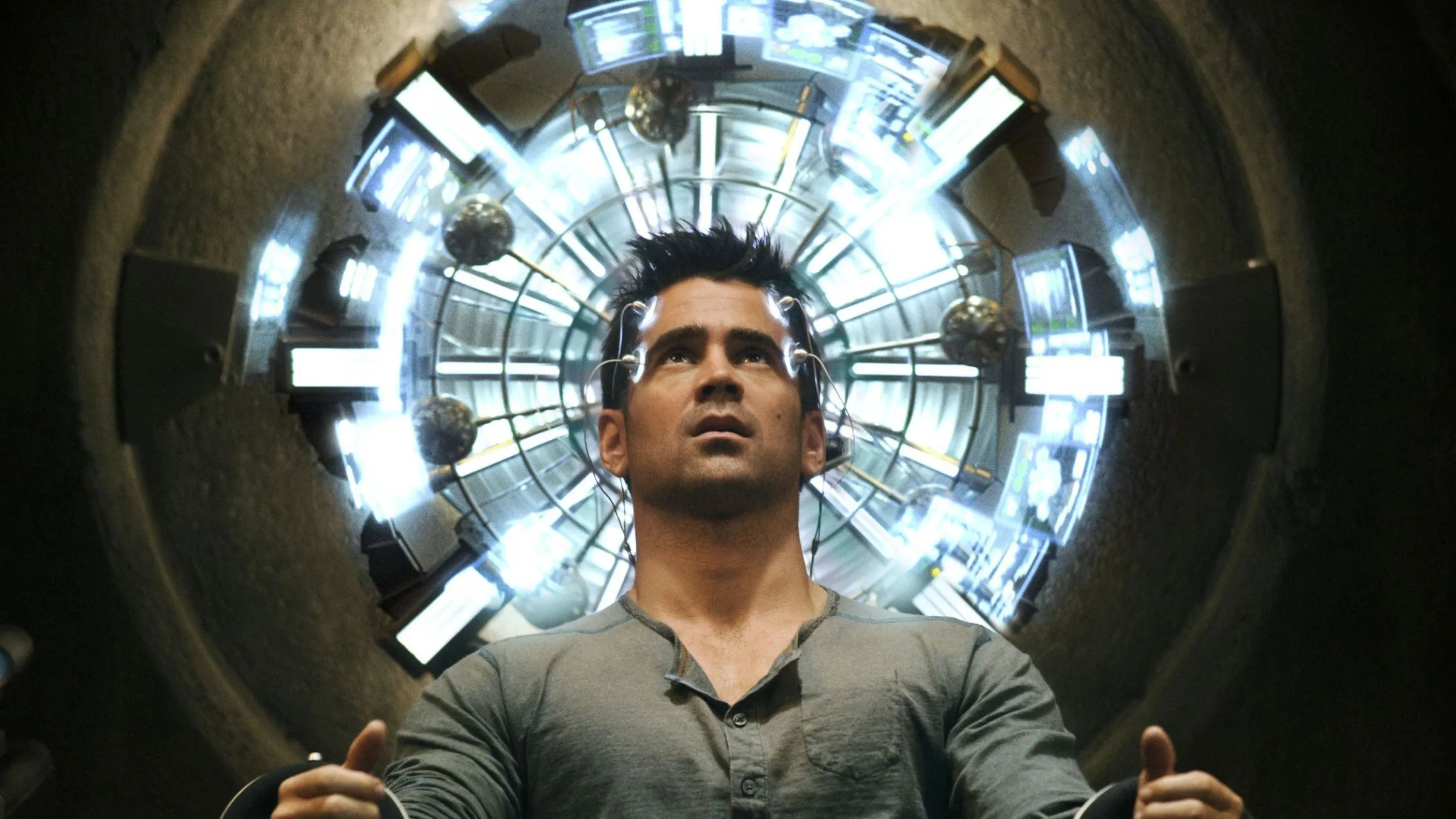
In 2012, a remake of the science fiction film Total Recall was released, marking the first time one of Philip K. Dick’s stories had been remade. Directed by Len Wiseman, known for Underworld, the film was based on Dick’s 1966 short story, We Can Remember It for You Wholesale, originally published in The Magazine of Fantasy & Science Fiction. The story centers around a man who explores the possibility of implanting false memories of a trip to Mars, which then suggest he may have actually been a secret agent who did travel there.
The 2012 film Total Recall features Colin Farrell as Douglas Quaid, a man living in a future where Earth has been largely destroyed by chemical warfare, with only Britain and Australia remaining habitable. Plagued by dreams of a past life as a secret agent, Quaid opts for a procedure to implant those memories into his mind. This decision quickly plunges him into danger, as he’s pursued by those trying to kill him, leaving him uncertain about what is reality and what is a fabricated memory. While the film received generally unfavorable reviews, its action scenes were a notable highlight.
5) The Adjustment Bureau (2011)
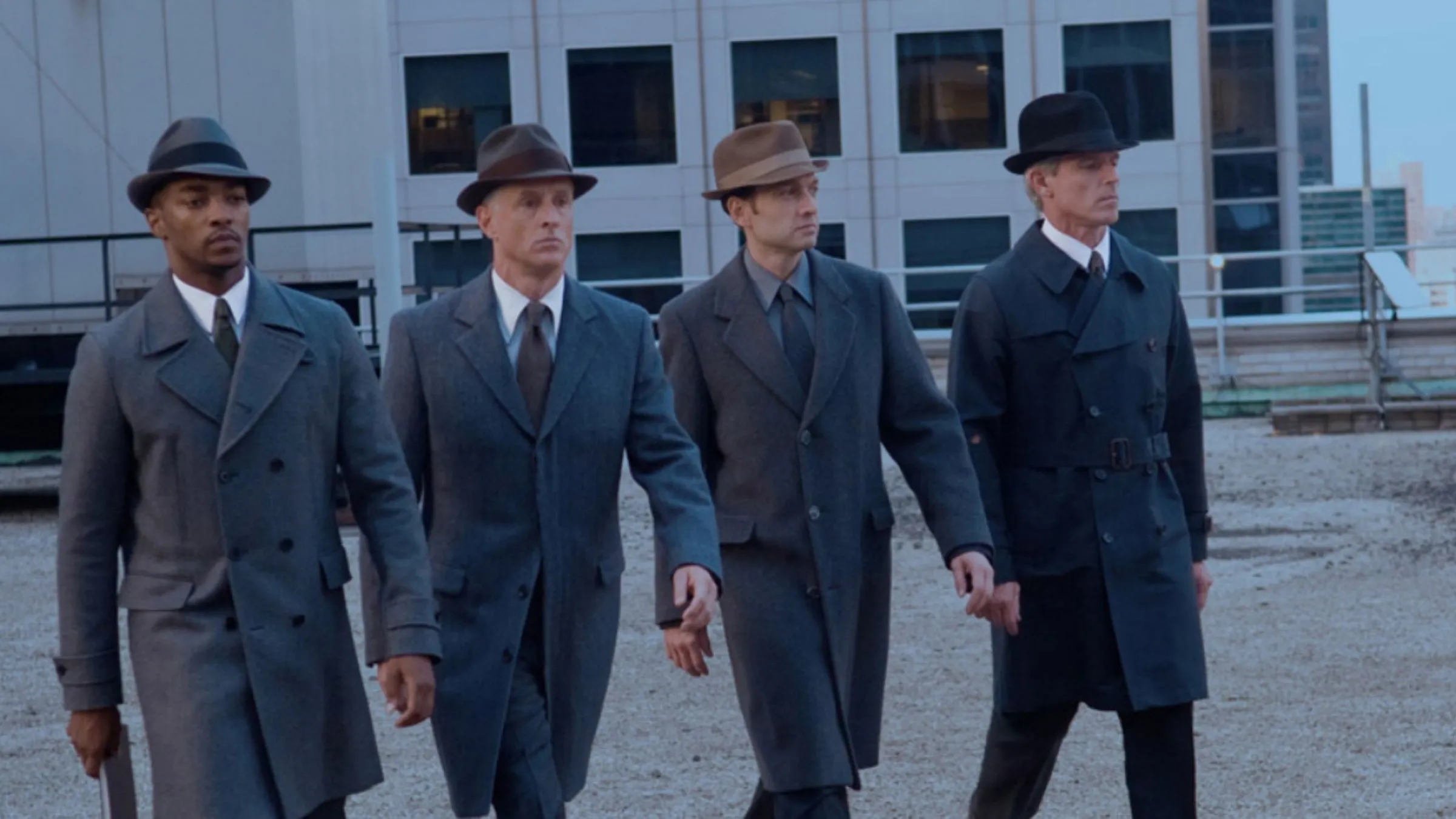
The movie The Adjustment Bureau feels strongly inspired by the works of Philip K. Dick, even more so than many other films based on his stories. It’s adapted from his 1954 short story, Adjustment Team (originally published in Orbit Science Fiction), and centers around a man who is tracked by a mysterious group. They insist he must keep their existence a secret and follow their instructions, or face dire consequences – potentially preventing a global catastrophe.
Though the core story is simple, the movie offers a compelling exploration of the idea that unseen forces control our lives. It delves into questions of free will versus destiny, suggesting that fate ultimately determines our path. Starring Matt Damon as a man trying to escape control and Anthony Mackie as the agent assigned to guide him, the film expands on the original story, giving the characters space to grapple with these complex themes. ‘The Adjustment Bureau’ was well-received by critics and delivers a thought-provoking thriller experience.
4) Total Recall (1990)
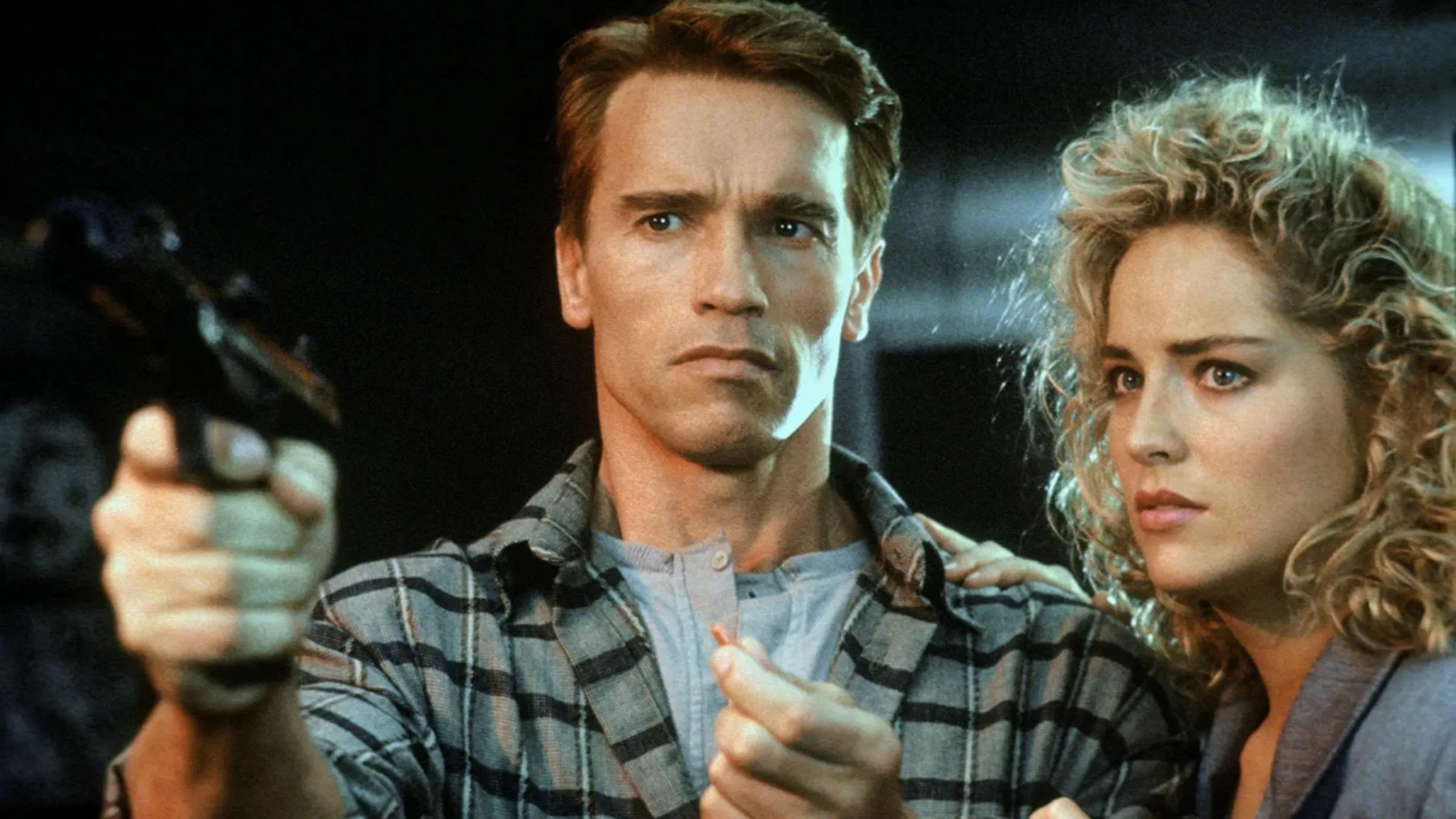
As a huge movie fan, I think the original Total Recall hasn’t aged perfectly, but it still captures the heart of the Philip K. Dick story better than the remake. The newer film went for a bigger, more post-apocalyptic feel with grand sci-fi concepts, but the original stayed truer to Dick’s core idea: a guy simply wanting to experience Mars through implanted memories. Both versions, though, still deliver on that thrilling plot of a man being hunted because someone thinks he’s a secret agent!
At its heart, Total Recall is a classic Arnold Schwarzenegger action movie, full of his signature witty lines and impressive fight scenes. But the film offers more than just action, with a compelling story that really takes off once the action moves to Mars. Sharon Stone delivers a fantastic performance as the villain, and the movie features some incredibly creative science fiction sequences. Director Paul Verhoeven cleverly keeps the audience guessing about whether the events are real or a dream. Total Recall was a major hit and cemented Schwarzenegger’s status as a leading man.
3) A Scanner Darkly (2006)

Richard Linklater’s 2006 film, A Scanner Darkly, used innovative animation to bring Philip K. Dick’s 1977 novel to life. The story centers on an undercover police officer who ironically becomes addicted to the drugs he’s investigating. The film offers a stark and detailed look into both casual and destructive drug use and the world surrounding it.
I recently watched this film, and it’s unlike anything I’ve ever seen. The director, Linklater, filmed the actors first and then traced over the footage to create the animation – it’s called interpolated rotoscoping. The cast was amazing, with Keanu Reeves, Robert Downey Jr., Woody Harrelson, and Winona Ryder all starring. What really struck me was how closely it followed the original Philip K. Dick novel, and the unique animation style actually felt like it was reflecting the strange new reality the main character was discovering. It’s a shame it didn’t do well in theaters, because I think it’s a seriously underrated film and deserves way more recognition.
2) Minority Report (2002)
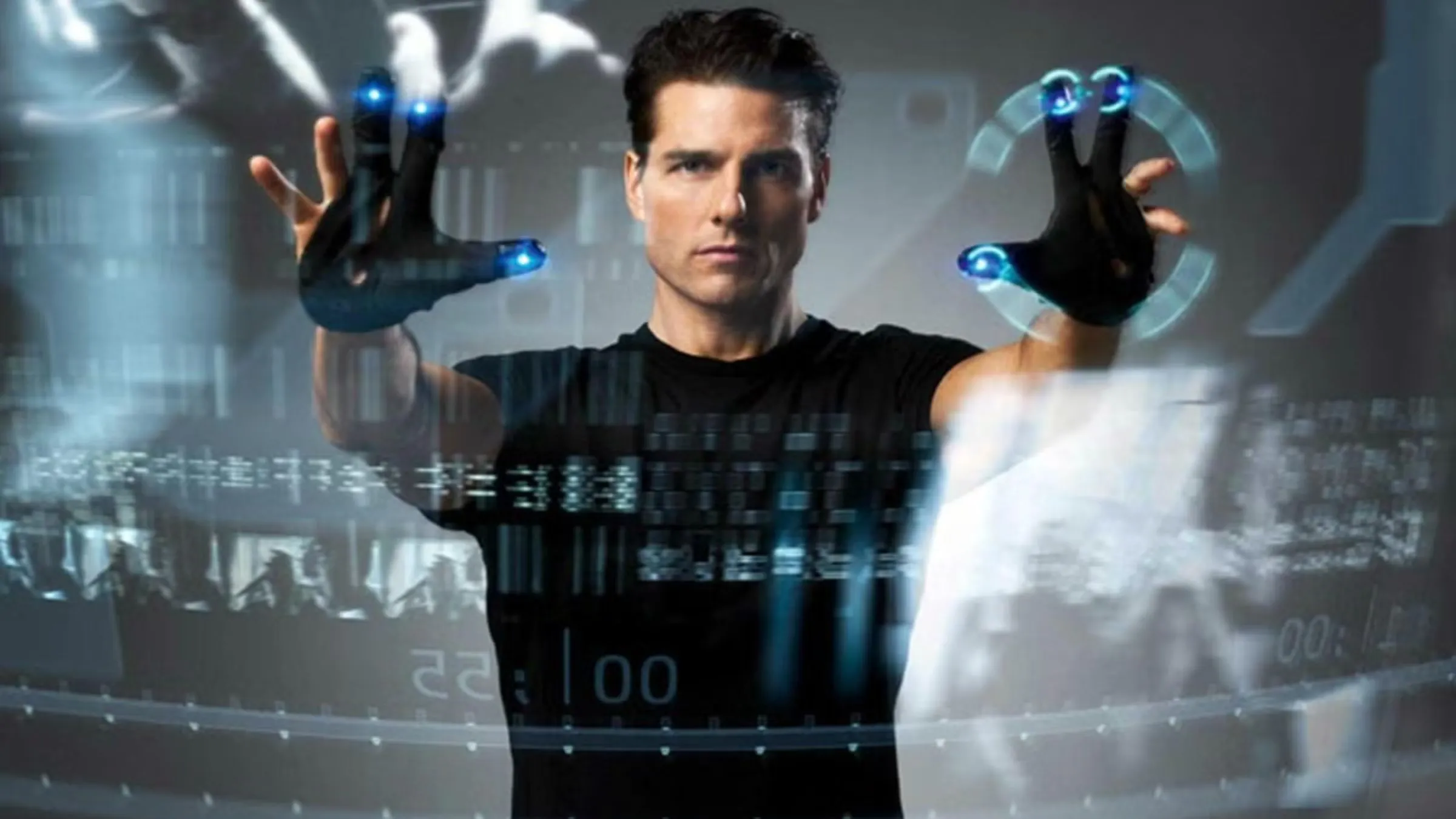
Steven Spielberg’s film Minority Report is often considered the best adaptation of a Philip K. Dick story, largely due to its director and star, Tom Cruise. The movie, based on Dick’s 1956 story The Minority Report, centers around a future where three people with special abilities can predict crimes before they happen, allowing the police to intervene. The story takes a twist when one of the officers is predicted to commit a murder himself, leading him to believe something isn’t right.
Like much of Dick’s work, this story explores the conflict between free will and destiny, and the dangers of governments taking away people’s rights. However, the film adaptation significantly alters the story’s ending and overall message. In the book, Anderton commits the murder to ensure the Precrime system isn’t shut down, believing it’s still the best way to prevent crime. The movie, on the other hand, shows him destroying the system to free people who were imprisoned based on predictions, not actual crimes. Despite these changes to the story’s core meaning, the film Minority Report was a huge success, receiving positive reviews and earning a lot of money at the box office.
1) Blade Runner (1982)
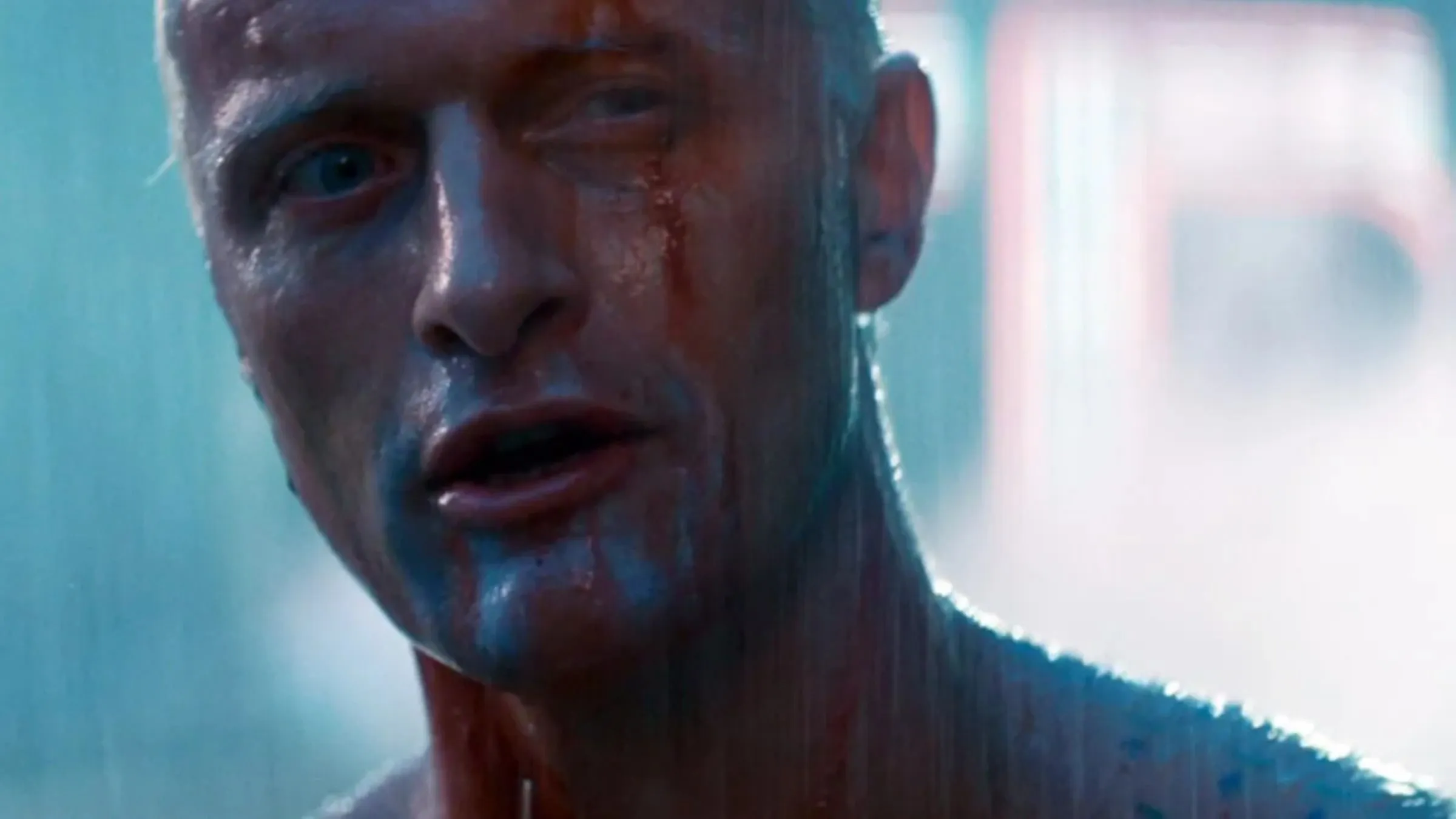
Many consider Blade Runner to be the greatest movie ever adapted from a Philip K. Dick story, and one of the best science fiction films ever made. The film is based on Dick’s 1968 novel, Do Androids Dream of Electric Sheep?, which takes place in a post-apocalyptic world devastated by nuclear war. The story centers around a bounty hunter tasked with tracking down and eliminating escaped androids, while also following a man who aids those trying to escape.
What makes this film stand out is its successful use of the film noir style, a natural fit considering Philip K. Dick originally wrote the story as a detective novel. While there are some changes – like Rick being married in the book and a different portrayal of Roy Batty – both versions explore what it means to be alive, whether human or not. Many consider this adaptation to be the most effective at capturing those central themes, which were a recurring focus in Dick’s work. In 1993, Blade Runner was recognized for its cultural significance and added to the Library of Congress’s National Film Registry.
What do you think? Leave a comment below and join the conversation now in the ComicBook Forum!
https://comicbook.com/movies/list/7-hidden-gem-movies-you-didnt-know-were-on-hbo-max/embed/#
Read More
- How to Get the Bloodfeather Set in Enshrouded
- Gold Rate Forecast
- These Are the 10 Best Stephen King Movies of All Time
- Meet the cast of Mighty Nein: Every Critical Role character explained
- Where Winds Meet: How To Defeat Shadow Puppeteer (Boss Guide)
- Auto 9 Upgrade Guide RoboCop Unfinished Business Chips & Boards Guide
- Best Controller Settings for ARC Raiders
- Silent Hill 2 Leaks for Xbox Ahead of Official Reveal
- Survivor’s Colby Donaldson Admits He Almost Backed Out of Season 50
- 32 Kids Movies From The ’90s I Still Like Despite Being Kind Of Terrible
2025-11-26 20:21